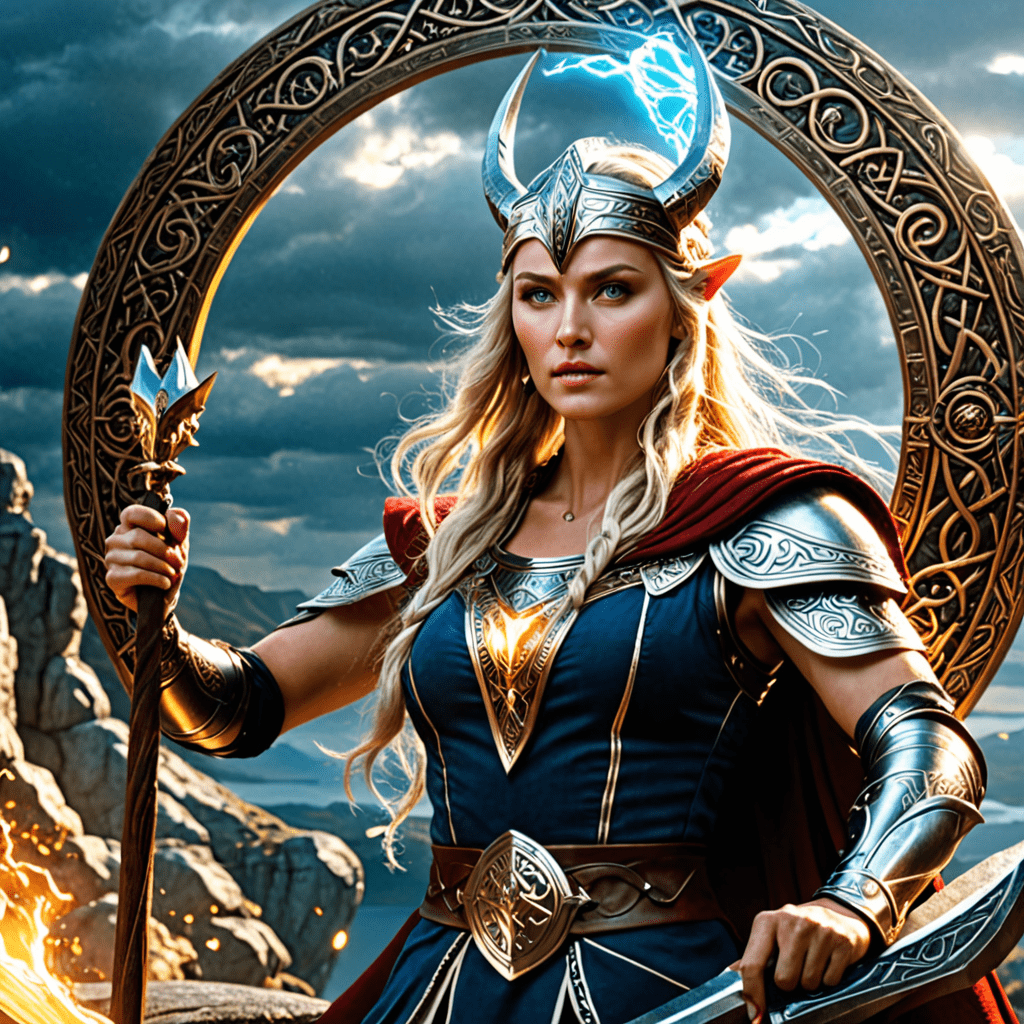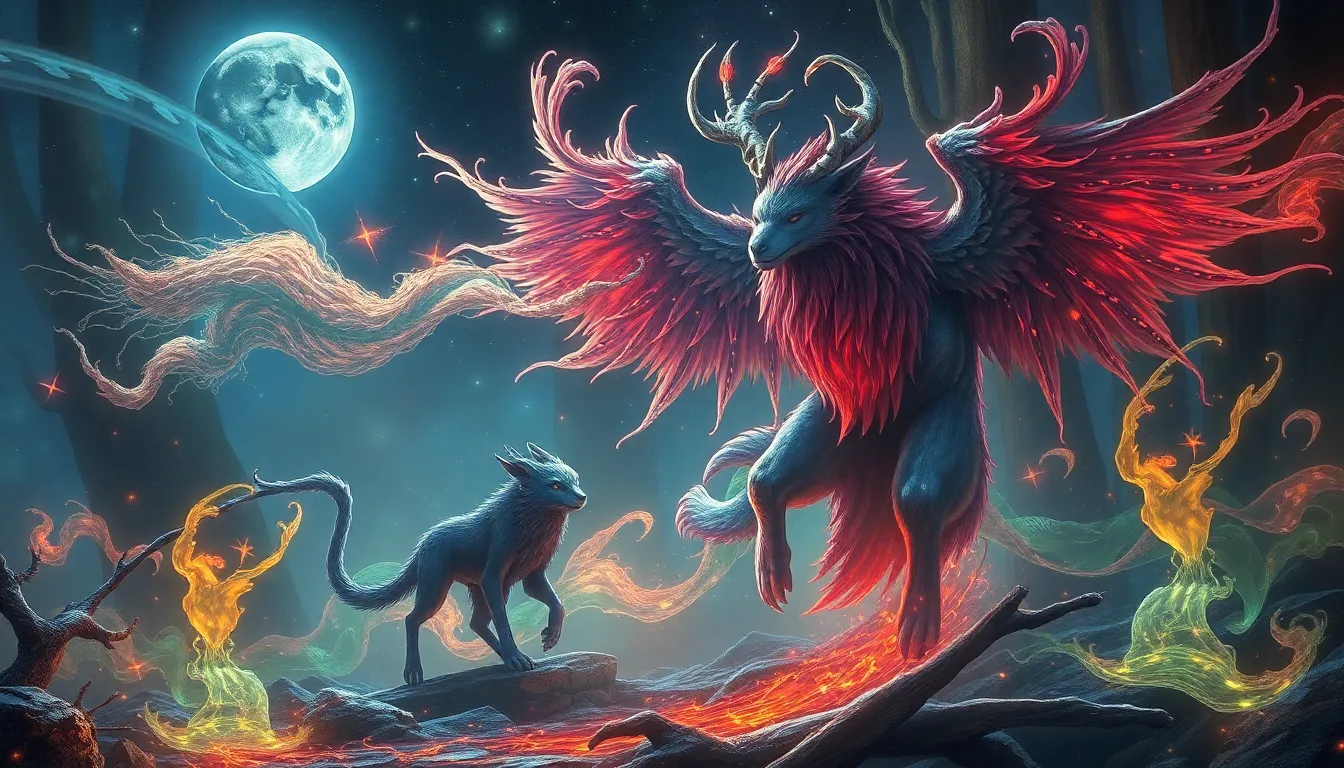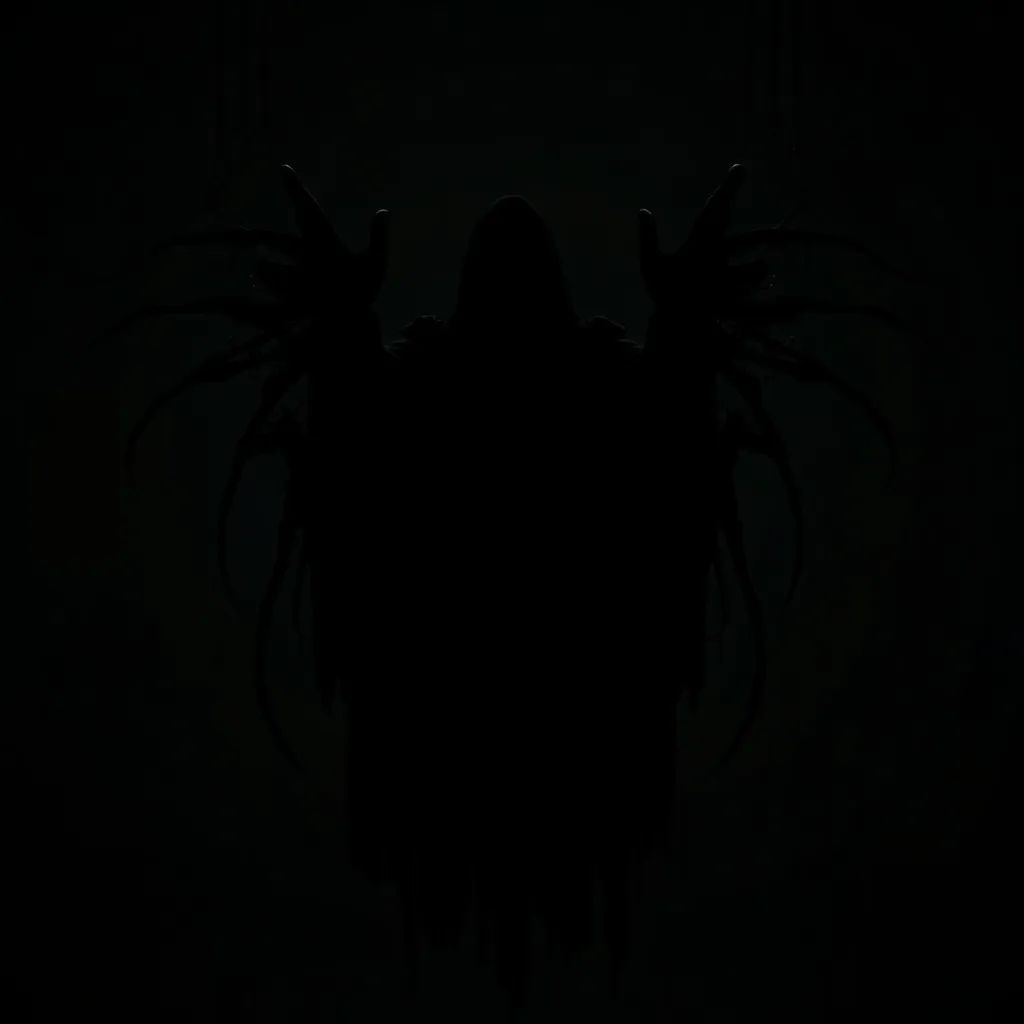The Role of Fate and Free Will in Norse Mythology
Understanding Destiny in Norse Mythology
In Norse mythology, the concept of fate, or “Wyrd,” plays a significant role in shaping the lives of both gods and mortals. Fate is often depicted as an unchangeable force that dictates the events and outcomes of individuals’ lives. The Norns, powerful beings who reside at the Well of Urd, are responsible for weaving the fabric of fate for all beings in the cosmos. Despite the belief in a predetermined destiny, the Norse also acknowledge the role of free will in influencing one’s path.
The Interplay between Fate and Free Will
While fate is a central aspect of Norse mythology, the idea of free will is not entirely absent. Norse belief suggests that individuals have some agency to make choices that can alter the course of their lives. The gods themselves are not exempt from the effects of fate, despite their immense power. They, too, must face the consequences of their actions, illustrating that even beings of great influence are subject to the forces of destiny.
The Concept of Ragnarok: Doom or Destiny?
One of the most well-known prophecies in Norse mythology is Ragnarok, the ultimate destruction and rebirth of the cosmos. Despite the grim fate predicted for the gods and the world, individuals are free to choose how they face this impending doom. Some may accept their destined roles, while others may strive to defy fate and carve out their own paths. This dichotomy highlights the complex interplay between fate and free will in the Norse worldview.
Navigating the Web of Wyrd: Embracing Fate with Agency
In Norse mythology, the coexistence of fate and free will allows individuals to navigate the intricacies of their destinies while retaining a sense of personal agency. Embracing one’s fate does not necessarily equate to a lack of control but rather a recognition of the interconnectedness of all beings within the web of Wyrd. By honoring the balance between fate and free will, one can find empowerment in accepting the twists and turns of their journey through life, mirroring the resilience and adaptability of the gods themselves in the face of an uncertain future.
What is the significance of fate in Norse mythology?
Fate, known as ‘Wyrd’ in Old Norse, is a central theme in Norse mythology. It dictates the destiny of gods, humans, and all beings, shaping the course of events in the Norse cosmos.
How does free will interact with fate in Norse mythology?
While fate is seen as inevitable and predetermined in Norse mythology, individuals still possess free will to make choices. However, these choices are often believed to ultimately align with the larger tapestry of fate.
Can individuals change their destiny in Norse mythology?
Norse mythology suggests that individuals have agency to influence their circumstances through their actions and decisions. Yet, the concept of fate looms large, indicating that destinies are intricately woven and may not be entirely alterable.


